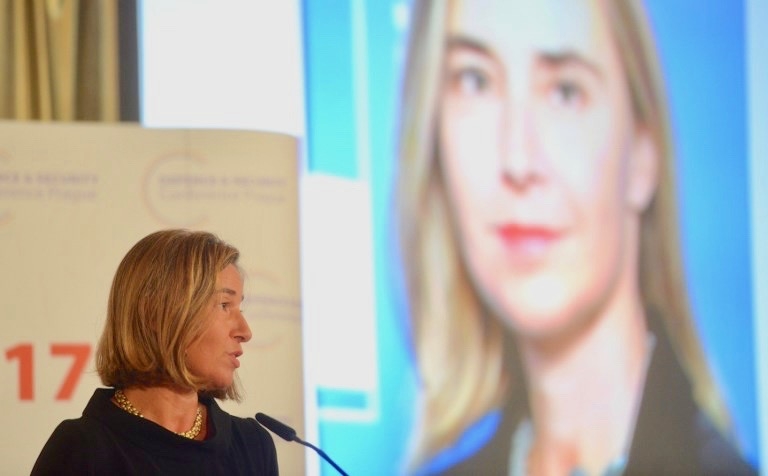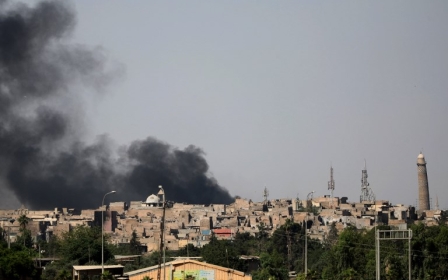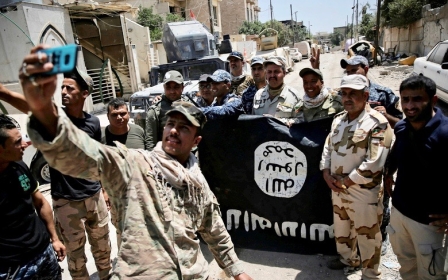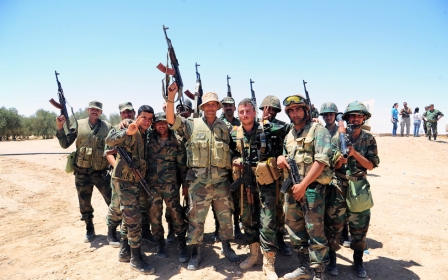EU considers security mission to help stabilise Iraq after Mosul falls

The European Union may send a new security mission to help stabilise Iraq after the expected recapture of Mosul from the Islamic State (IS) group, diplomats said, cautioning that plans were at an early stage.
EU foreign ministers will hold a first discussion on Monday in Luxembourg and consider the deployment of an EU Security Sector Reform Advice and Assist Team that could train Iraq security officials, according to a draft statement seen by Reuters.
Iraq has formally requested EU help, diplomats said.
While a small step, any such effort could signal an end to France and Germany's aversion to European Union involvement in Middle East wars in the wake of the US invasion of Iraq in 2003, which Berlin and Paris opposed.
Both countries are involved separately in the fight against IS militants in Syria and Iraq, but the EU's militaries have struggled to work as a bloc despite broad know-how in non-combat training roles.
An EU mission in Iraq in 2006 to help train judges and police was widely regarded as a failure because it was too small and too limited in duration, an EU official said.
EU foreign policy chief Federica Mogherini has backed a greater role for the bloc abroad, seeking to develop a common EU defence alliance to match its economic clout.
Any EU mission might dovetail with similar planning at NATO, which this month joined the US-led coalition against IS, and is considering training more Iraqi soldiers.
IS is on the verge of defeat in its Iraqi stronghold of Mosul and facing an assault against its de facto capital in Raqqa, Syria. But US officials are concerned tribal groups may fight for control as the militants flee.
"We cannot afford to allow a vacuum to develop," said one EU diplomat briefed on the EU discussions. "We and others are ready to step in. Just how we do that is to be decided."
The EU's foreign service, the European External Action Service, is expected to present proposals soon.
French diplomats say an EU mission could build up Iraqi counter-terrorism forces, establish functioning justice and interior ministries and give strategic security advice to the Iraqi government, as well as train police.
Another EU diplomat said the bloc had a duty to help in a non-combat role, partly to avoid even greater flows of refugees to Europe.
New MEE newsletter: Jerusalem Dispatch
Sign up to get the latest insights and analysis on Israel-Palestine, alongside Turkey Unpacked and other MEE newsletters
Middle East Eye delivers independent and unrivalled coverage and analysis of the Middle East, North Africa and beyond. To learn more about republishing this content and the associated fees, please fill out this form. More about MEE can be found here.




